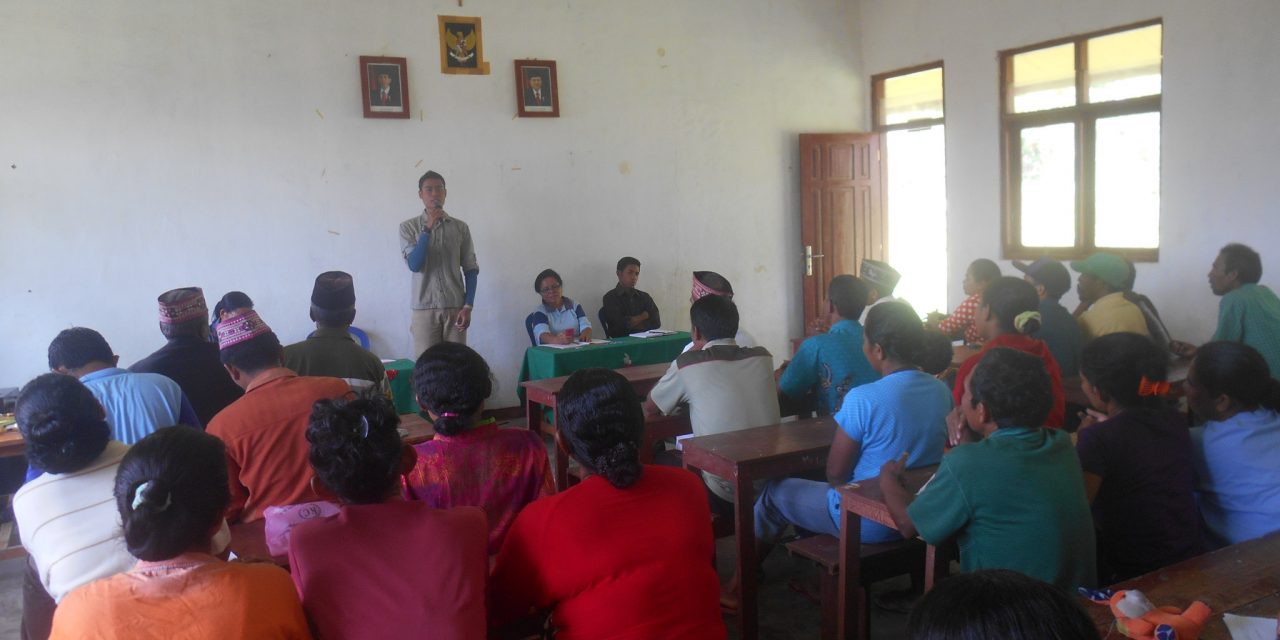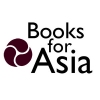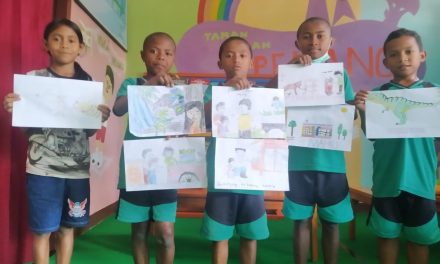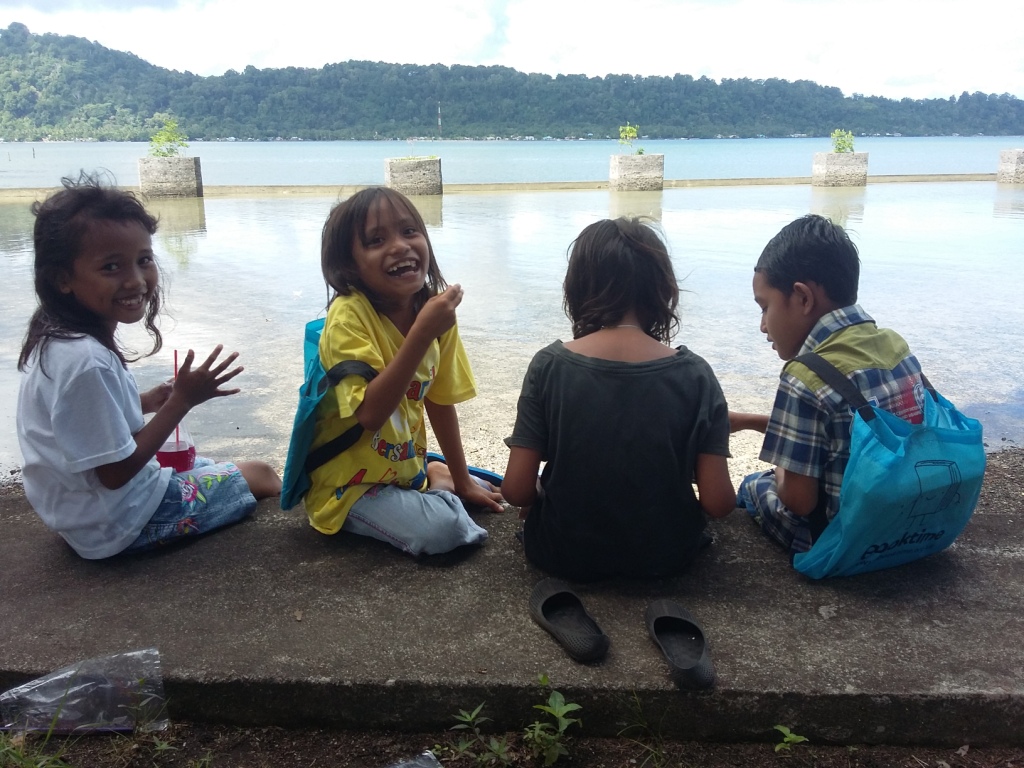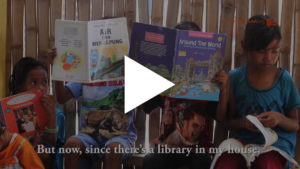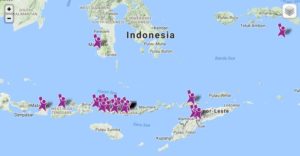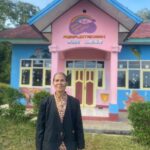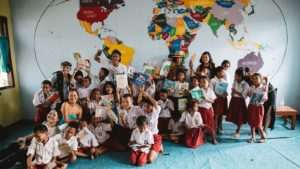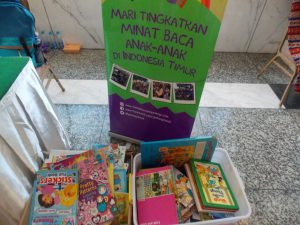To find resolutions to problems in education is the responsibility all of us have to bear. By “us”, I mean all stakeholders in the education sector, including principals, teachers, parents, community and the Department of Education. Education used to be regarded as the works of schools only, while those outside schools need not participate in supporting education.
At the moment, education in Indonesia is in the repairing as well as development process in terms of human resources in order to achieve Sustainable Development Goals in 2020.
One of the ways to improve the quality of education is by making education programs and projects as movements; therefore, all elements in the community get involved. Rainbow Reading Gardens is one among some non-profit organisations which applies community involvement approach in its activities. In 2016-2019, Rainbow Reading Gardens works with Room to Read to establish 48 libraries in Flores, East Nusa Tenggara.
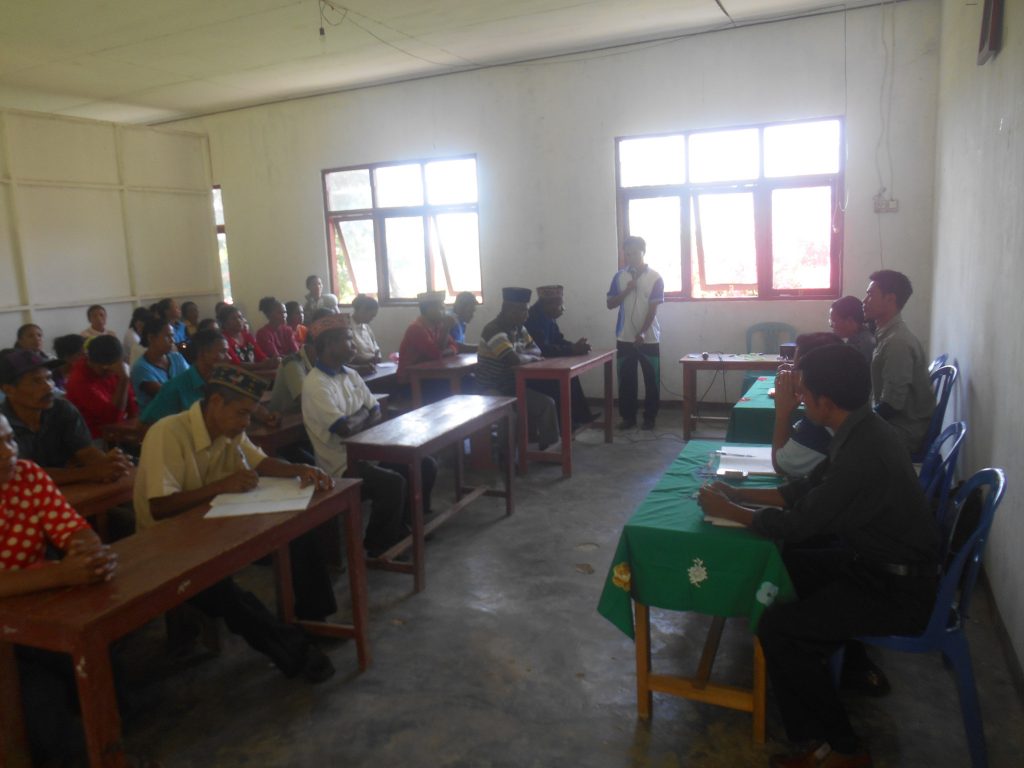
To trigger community involvement for the sake of education is not easy, especially when the idea of it is unfamiliar to the ears. The real question is, how essential is community involvement in the education sector? The most possible answer to this is, very important, as each stakeholder has roles to play and responsibilities to bear.
If every stakeholder collaborates, the goals of improving the quality of education is no longer blurred nor absurd. I personally believe every good deed we do will be well accepted by others. Such as when I went to SDK Rekas I in Mbeliling Subdistrict, West Manggarai Regency. The principal actively invited the parents as well as the community to attend the meeting on library development by involving the community.
I could feel the their spirit and saw their bright eyes when I explained the child-friendly library we were going to develop in SDK Rekas I. Some questions were raised by both the parents and community leaders. I chose to facilitate discussions rather than making promises for them.
I also noted that he atmosphere in the room reflected their thirst for change. I could see the parents and community leaders in the room fully understood the next steps they have to do in developing the library. Before leaving, my closing statement in the meeting was “this library does not belong to me, it belongs to all of us”.
Labuan Bajo, October 2016
Ebi
![Taman Bacaan Pelangi [Rainbow Reading Gardens]](/wp-content/uploads/2016/07/logo_taman_bacaan_pelangi_rainbow_reading_gardens_bilingual_d.png)
